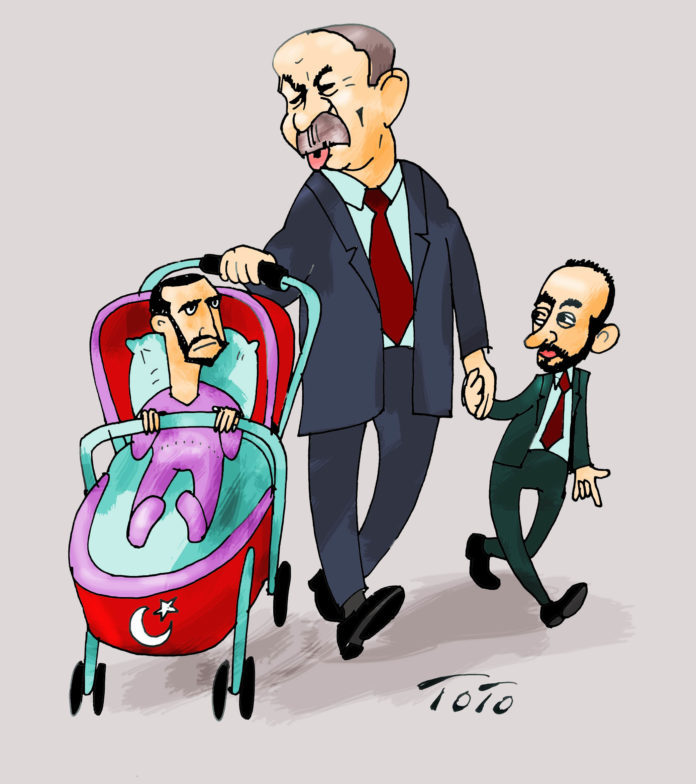Representatives of Armenia and Turkey met in Moscow on January 14 for a session aimed at starting official negotiations soon.
The meeting was hailed in many quarters. Even during a period of increased tensions between the US and Russia, the reactions from those two opposing capitals converged.
The US, Russia, the European Union, NATO and other corners welcomed the initiative, particularly when Armenia and Turkey issued identical statements indicating that the meeting had taken place in a positive atmosphere with constructive approaches on both sides.
Of course, these declarative statements do not mean much, because there is no roadmap yet nor an agenda on the table to start substantive negotiations.
This rapprochement was mediated by Russia and had Washington’s blessing for different reasons. Armenia is treading cautiously so as not to give any cause for concerns to Moscow, but many believe that face-to-face negotiations may prove to be more productive than those mediated by third parties, because the latter may interject their own interests in the deal.
The situation is not without some ironies. In Russia’s case, we have to ask why is it important for Moscow to restore Armenia’s normal relations with Turkey when Russia has invested so much in the fear that Armenia harbors against Turkey. For many years, Armenia’s unconditional cooperation with the Russian side has been fueled by that fear and Russia has used that as a political asset in dealing with Armenia. The Russian military base number 102 in Gyumri is proof of that, where Armenia, despite its weak economy, has assumed to host it and cater to it.








